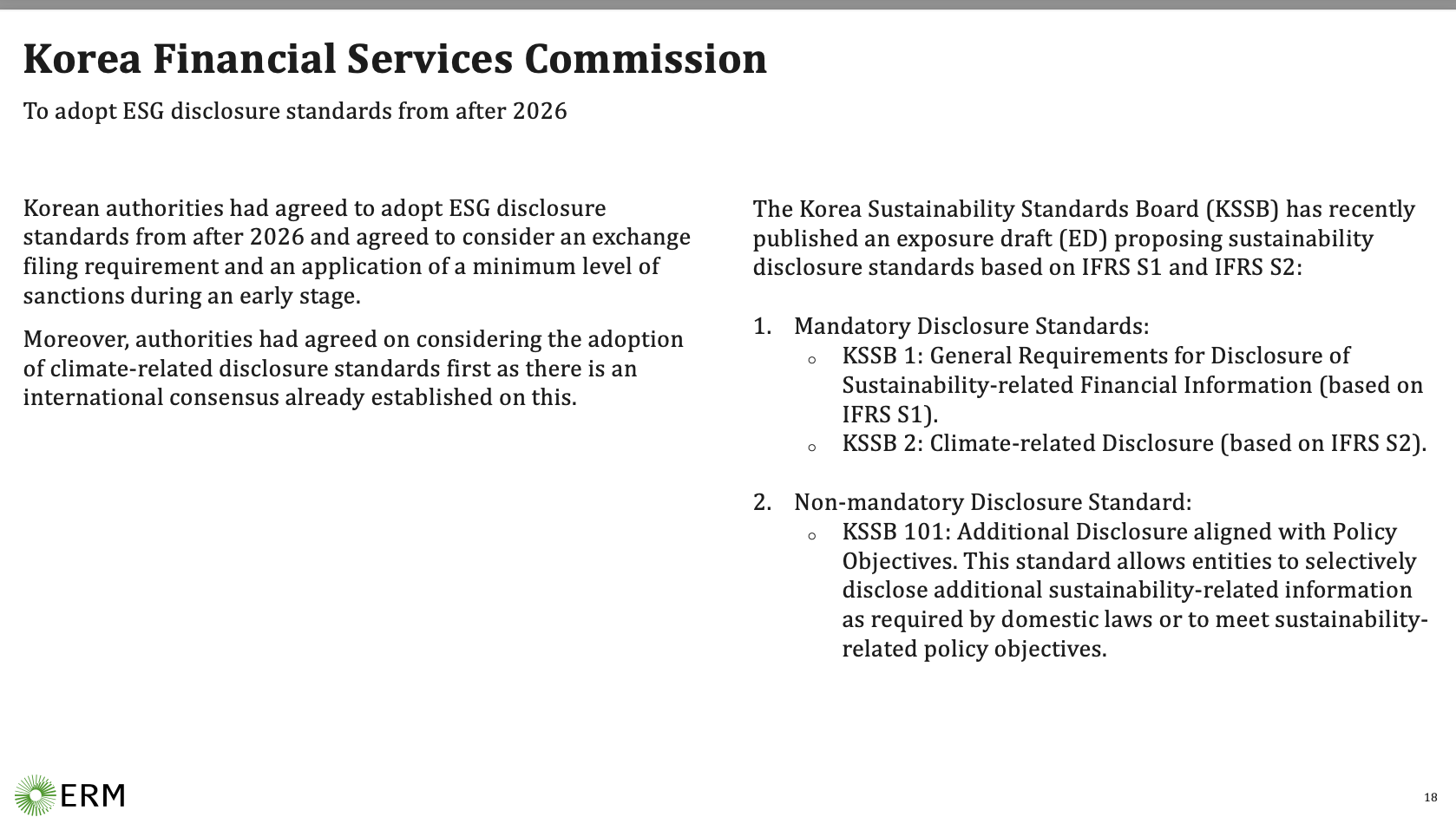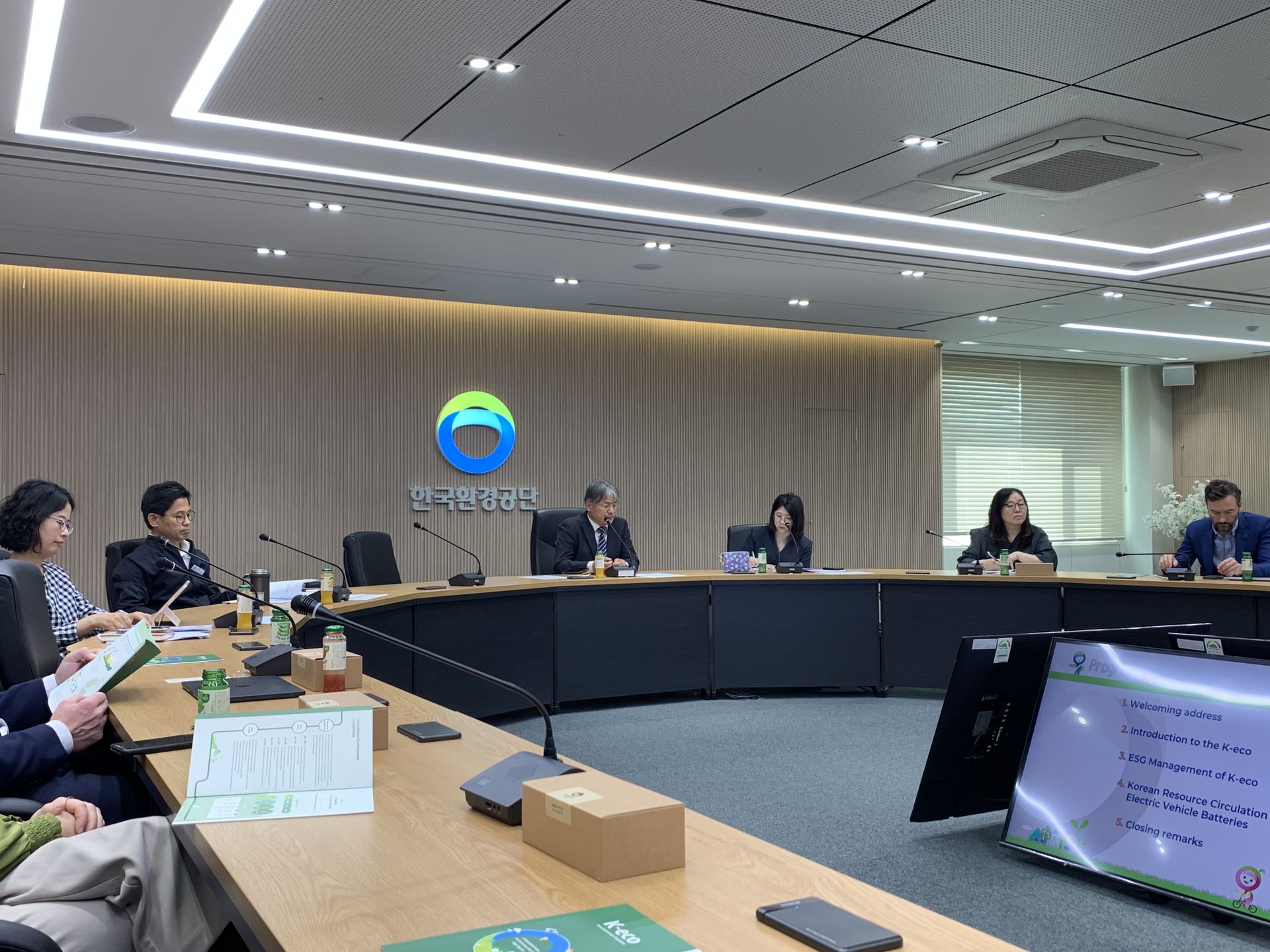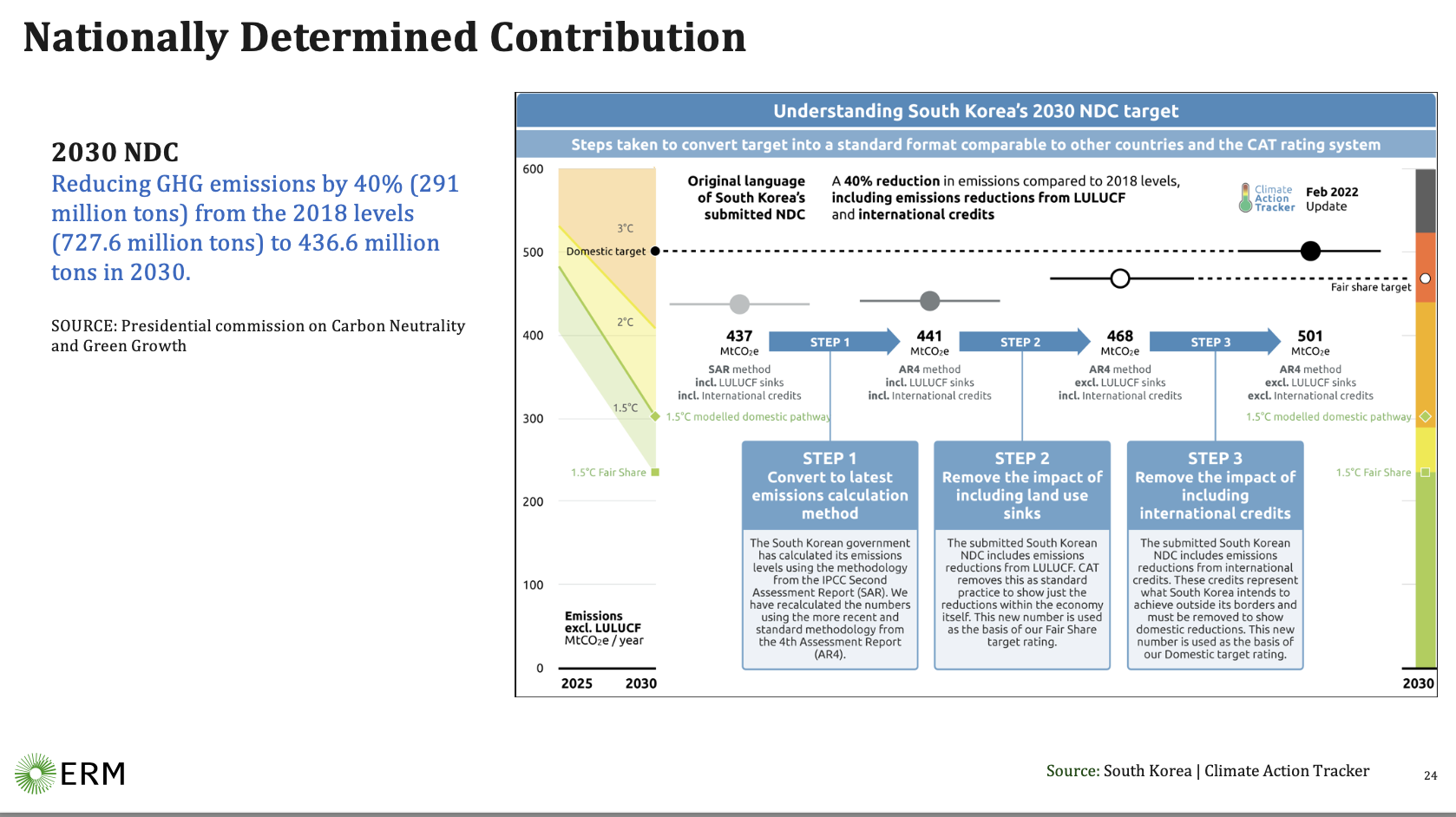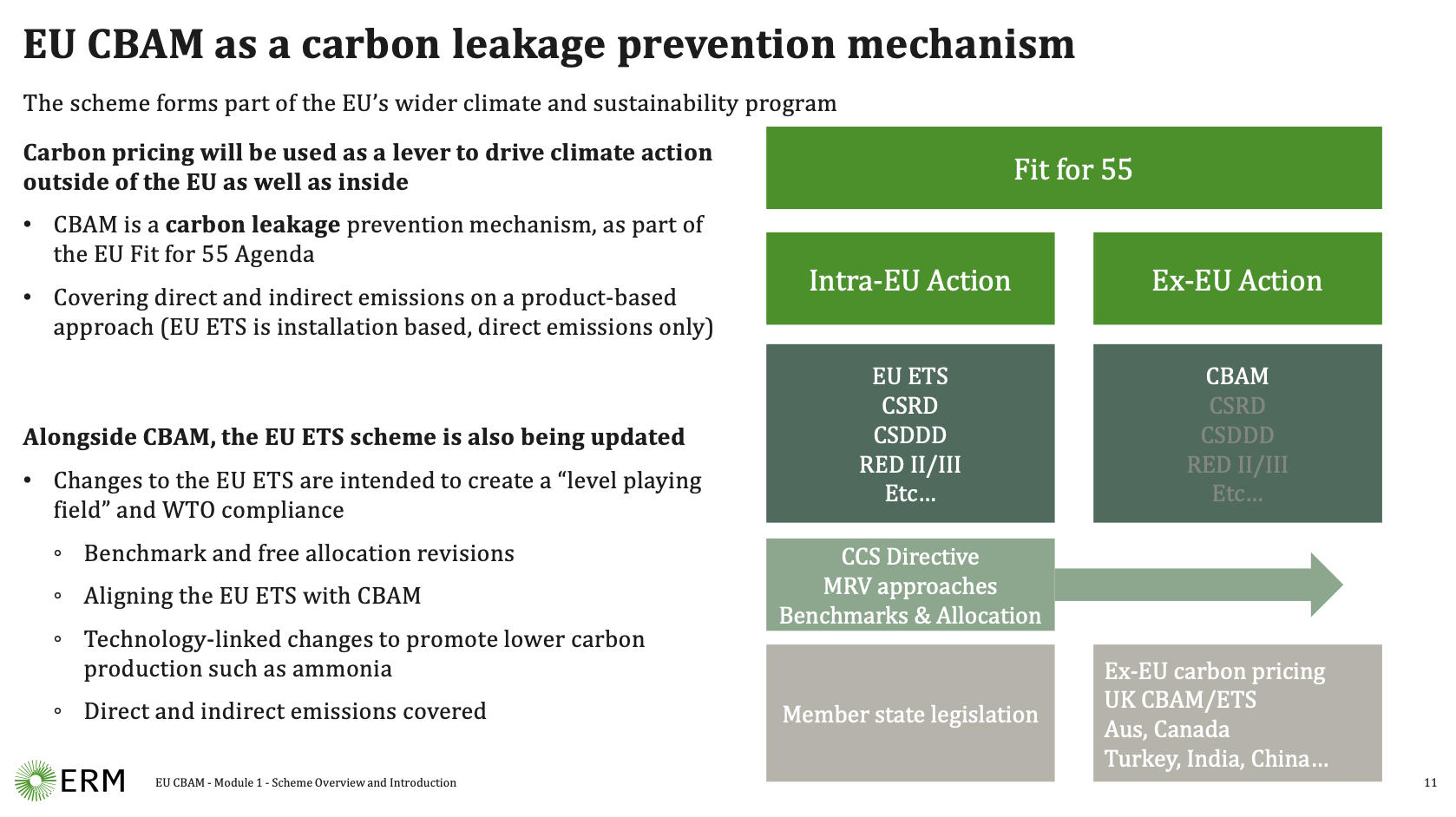In a significant move towards combating climate change, South Korea has joined the Global Methane Pledge, aiming to reduce methane emissions by 30% by 2030 compared to 2018. This ambitious target encompasses a 28.6% reduction in the energy sector, a 20.9% reduction in agriculture, and a 46.5% reduction in the waste sector. Achieving this goal will reduce approximately 10 MtCO2e by 2030, highlighting South Korea's commitment to a sustainable future.

Key Strategies and Investments
To achieve these targets, South Korea is implementing several key strategies and investments:
Import and Phase in Liquid Natural Gas (LNG):
South Korea plans to reduce its reliance on fossil fuels by phasing in LNG. This approach not only lowers the carbon footprint but also provides essential ingredients for manufacturing, such as steel, plastics, polymers, and fertilisers.
Investment in the Green Climate Fund:
Recognising the need for financial support to achieve climate goals, South Korea has pledged significant contributions to various climate finance and investment programmes. In 2022, the government committed USD 4 million to the Carbon Neutrality Programme (P4G) and approximately USD 4.5 million to the Green New Deal Trust Fund (GNDTF) in GGGI. Additionally, South Korea has pledged USD 30.3 billion to the Green Climate Fund, supporting climate projects in partner countries.

Implementation of the Korea Emissions Trading Scheme (ETS):
Launched in 2015, the Korea ETS is a critical cross-sectoral policy instrument. Phase III (2021-2025) aims to cover 73.5% of national GHG emissions, including steel, cement, petrochemicals, power, and waste sectors. The ETS system includes direct and indirect emissions, with an increased share of auctioning for specific subsectors, enhancing the scheme's effectiveness in reducing emissions.

Overseas Climate Commitments:
South Korea also relies on overseas purchasing of 37.5 MtCO2e to meet its 2030 targets. This approach underscores the importance of international cooperation in achieving global climate goals.
Supporting Developing Nations
South Korea's commitment to global climate action extends beyond its borders. The government actively supports the Global Green Growth Institute (GGGI), which assists developing countries in addressing climate change, establishing green growth strategies, and building capacity. As a leader in the international green growth agenda, South Korea's efforts are instrumental in fostering sustainable development worldwide.

Future Outlook
Despite significant progress, South Korea's journey towards its climate goals is ongoing. Between 1990 and 2020, the country's GHG emissions more than doubled, necessitating more robust climate policies to meet updated Nationally Determined Contributions (NDC) and climate neutrality laws. The Presidential Commission on Carbon Neutrality and Green Growth's basic plan, released in March 2023, outlines sectoral emission reduction targets and highlights the growing reliance on hydrogen and Carbon Capture, Utilisation, and Storage (CCUS) technologies.
South Korea's comprehensive approach, encompassing domestic strategies and international cooperation, positions the country as a leader in global climate action. By investing in clean technologies, enhancing policy frameworks, and supporting international climate finance, South Korea is paving the way for a sustainable and resilient future.
What Does This Mean for South Korea?
South Korea's engagement with the Global Methane Pledge and its comprehensive climate strategy has broader implications, particularly in international cooperation with countries like Singapore and Ghana.
Bilateral Cooperation and ACM0022
South Korea's adoption of ACM0022, a methodology for reducing emissions through energy efficiency and waste management, allows for significant flexibility. This methodology can be applied in any country of South Korea's choosing, including domestically. By implementing ACM0022, South Korea can reduce its domestic liabilities, similar to initiatives funded by New Zealand. This flexibility means South Korea can collaborate to enhance its emission reduction efforts with other countries.
International Transfers of Mitigation Outcomes (ITMOs)
South Korea's ability to arrange with any other country to transfer credits under International Transfers of Mitigation Outcomes (ITMOs) is critical to its climate strategy. This mechanism, established under Article 6 of the Paris Agreement, allows countries to trade emissions reductions, thus providing flexibility and cost-effectiveness in meeting their climate targets. South Korea's potential collaboration with countries like Singapore and Ghana could facilitate the transfer of emissions reduction credits, enhancing global climate action and fostering international partnerships.

Evidence of Gross Emissions Reduction
Projects like those evidenced by BRRP.IO, which demonstrate gross emissions reductions, are pivotal in validating South Korea's climate actions. These projects provide tangible proof of the effectiveness of emissions reduction initiatives, bolstering South Korea's credibility and leadership in global climate efforts. By leveraging such evidence, South Korea can showcase its commitment to meaningful and measurable climate action, encouraging other nations to adopt similar measures.
Conclusion
South Korea's engagement with the Global Methane Pledge and its strategic use of methodologies like ACM0022 and mechanisms like ITMOs positions the country as a key player in global climate action. Following moves made by Singapore to purchase credit from Ghana will enhance South Korea's emission reduction efforts and foster international solidarity in the fight against climate change, offering Alimentary the opportunity to work with MFE and MFAT to reduce NZ's NDC. South Korea is making significant strides towards a sustainable and resilient future by reducing domestic liabilities and facilitating international cooperation. The evidence of gross emissions reductions further underscores the effectiveness of these initiatives, reinforcing South Korea's role as a leader in global climate governance.
